Otto Kuhlmann Automotive System-Parts GmbH – a German industrial story with tradition
We have not invented the wheel. We only take care that the wheel is turning. Motion is our Passion !
- 2006
On February 1, 2006 the company was sold and since then traded under the name of Otto Kuhlmann Langelsheim OKL GmbH as independent GmbH and affiliated company of Otto Kuhlmann Automotive System-Parts GmbH. By taking in new products and with a resolute strategic setting up within the range of wire bending technology for the automotive, electrical and furniture industry, the company could achieve to this day an important position as supplier of these parts. At present, OKL employs again more than 35 persons who can trust in a sound base and surely in a successful future. - 2005
With the decline of the products for the packaging industry and the sluggish run-up of new products, Böttcher ran into troubles in 2005 from which they could not recover again. - 2006
Foundation of Otto Kuhlmann Langelsheim GmbH
On January 30, 2006 Otto Kuhlmann Langelsheim OKL GmbH joined the entrepreneur family as affiliated company under the roof of Otto Kuhlmann GmbH & Co. KG. Besides supporting and clamping rings, a variety of wire bending parts for the automotive, electrical and furniture industry are produced by OKL GmbH. - 2000
Soon, the first bigger machines were bought and exportation was started, also in Europe. In 2000, the product range of the small company was extended to a special product, the laser-welded clamping ring for the air spring industry. In those days the number of employees increased from at first 10 to more than 30 persons. - 1970
The spatial vicinity to a variety of companies in the mentioned segment and an even then commencing, progressive shift of contracts to sub-contractors led to Böttcher’s specialization in producing wire articles for those customers. - 1960
More than 50 years ago, the company Böttcher was founded by Böttcher family, on the edge of the northern Harz. In the early years, they shaped wooden handles, mainly for the packaging industry, on simple automatic machines.



